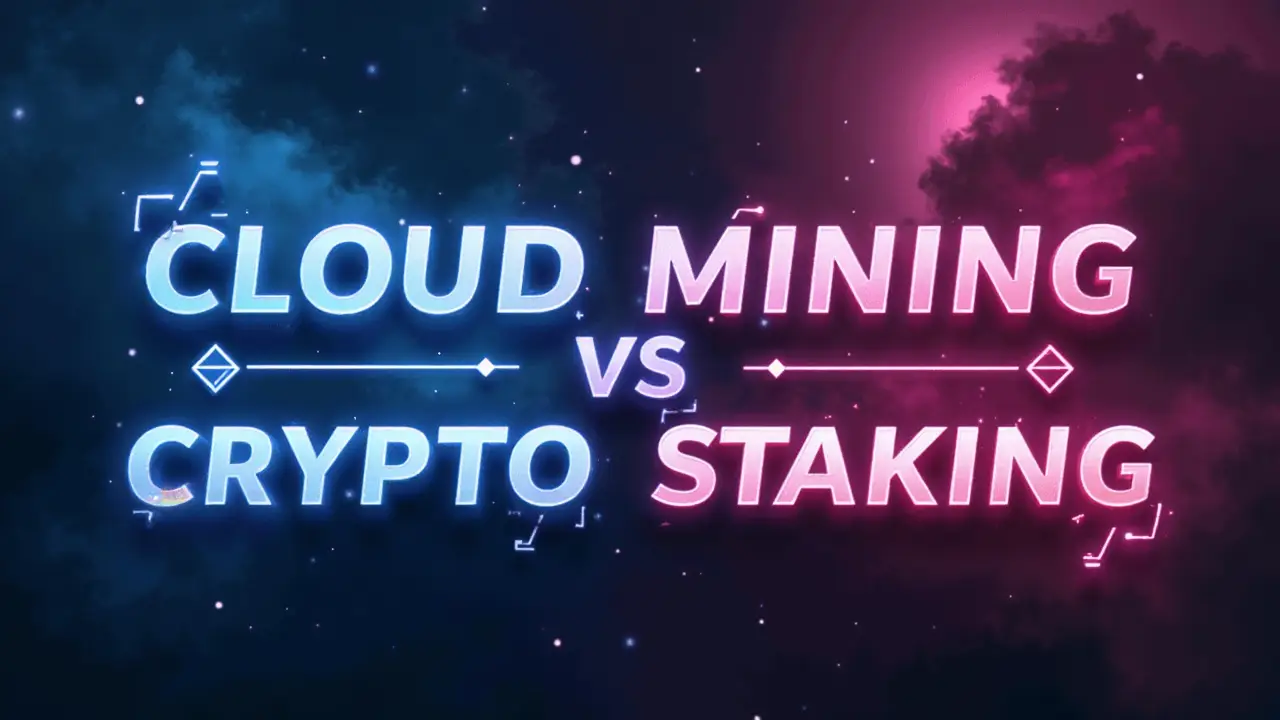Possibilities for an XRP ETF: Insights Amid BlackRock’s Current Stance and Ripple’s Legal Clarity
BlackRock has publicly denied plans for an XRP ETF for now, but market analysts remain optimistic that approval could come later—especially after Ripple’s recent legal victory.
Why BlackRock’s stance matters
BlackRock already offers Bitcoin and Ethereum ETFs, so its position carries weight for institutional adoption. Before adding XRP, BlackRock may seek additional regulatory clarity. If an XRP ETF is eventually approved, institutions could obtain regulated exposure without relying on spot exchanges, potentially boosting liquidity and easing integration of XRP into payment rails and corporate treasuries.
How Ripple’s court win changes the picture
The court found that institutional sales of XRP violated securities law while retail sales did not, a distinction that effectively confirmed XRP is not universally classified as a security. That legal clarity strengthens the case for an ETF and makes XRP more attractive to institutional investors.
Additional notes from the original feed
The article also included promotional copy highlighting opportunities on the TRON ecosystem.
FAQ (brief)
- What are the implications of Ripple’s victory? Clearer classification improves institutional appeal and ETF prospects.
- Why is an XRP ETF significant? It would offer regulated exposure, higher liquidity, and easier institutional entry without exchange custody.
Key takeaways
- BlackRock’s current answer: no—today. Conditions may change.
- Ripple’s legal clarity: a clear boost to ETF arguments.
- Institutional interest: an XRP ETF could materially increase adoption and liquidity.




